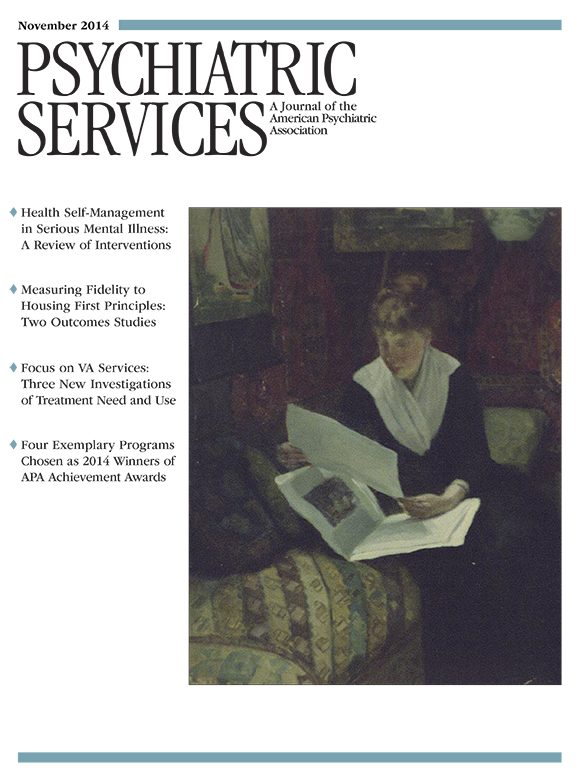For anyone new to or already acquainted with the clubhouse movement, Fountain House outlines the core values that have withstood time but also introduces new language to describe this clubhouse’s guiding principles. Using social work terminology, the authors accentuate the thoughtful approaches within a clubhouse. They refer to the clubhouse as a “working community,” offering a new term to reinforce that meaningful work and employment are essential tools toward recovery. This terminology also highlights that the community itself has a vital and essential role to someone on a recovery path.
As a professional in the field of mental health, I have observed a shift over the past three decades to downplay the role of clubhouse community and push instead toward larger social integration. The authors, however, offer a different approach. Instead of disregarding the power of a clubhouse community, they explain the natural support inherent in a clubhouse atmosphere as “relatively free of stigma.” Although there is enormous value in helping individuals access and expand natural supports by utilizing their broader community resources, I have witnessed firsthand the transformation that occurs when an individual feels needed and supported by a strong sense of camaraderie unique to the clubhouse model.
The role of staff within this “working community” is also an essential ingredient, and here again the authors use a new term, a “motivational coach,” which describes the nature of the staff’s work—coaching and motivating individuals while unlocking each person’s potential to maximize his or her own performance. A coach is someone who helps rather than teaches someone to learn. The authors also explain the functions of a motivational coach, from reaching out to an individual in isolation, to fostering significant relationships, to bridging issues of risk taking while supporting the individual to reach goals. Another vital component of the clubhouse community is the individuals with lived experience of mental illness and recovery who support and act as significant role models to inspire others. The case studies in Fountain House illustrate the important roles that everyone plays within this working community.
This book additionally dissects Fountain House’s daily processes, educating the reader on the thoughtful approaches that are integrated within the system. From understanding how the activities of the house are designed, to the significant development of relationships, to the value of celebrating successes, this book explores the many steps that Fountain House and clubhouses around the world take to support and strengthen mental health recovery.
The authors are knowledgeable and experienced in social work and mental health practice and have succeeded in writing a book that will aid seasoned individuals, new practitioners, and those with lived experience in gaining a better understanding of the clubhouse’s transformational design.
Acknowledgments
The reviewer reports no financial relationships with commercial interests.

